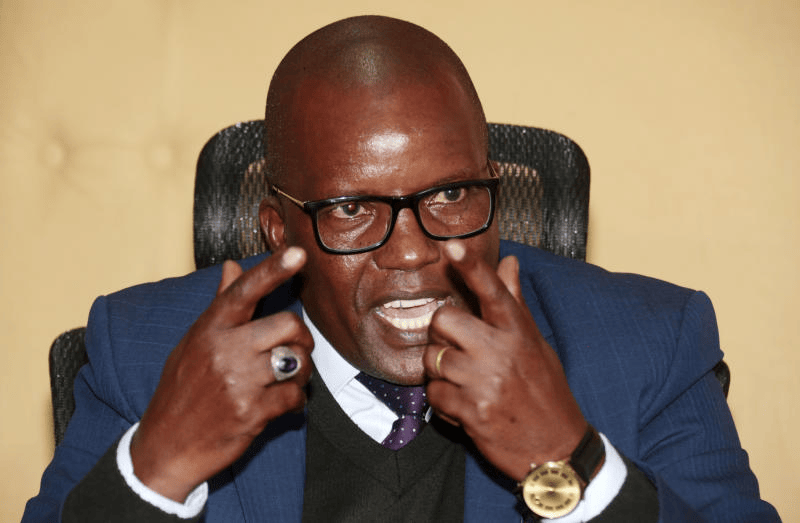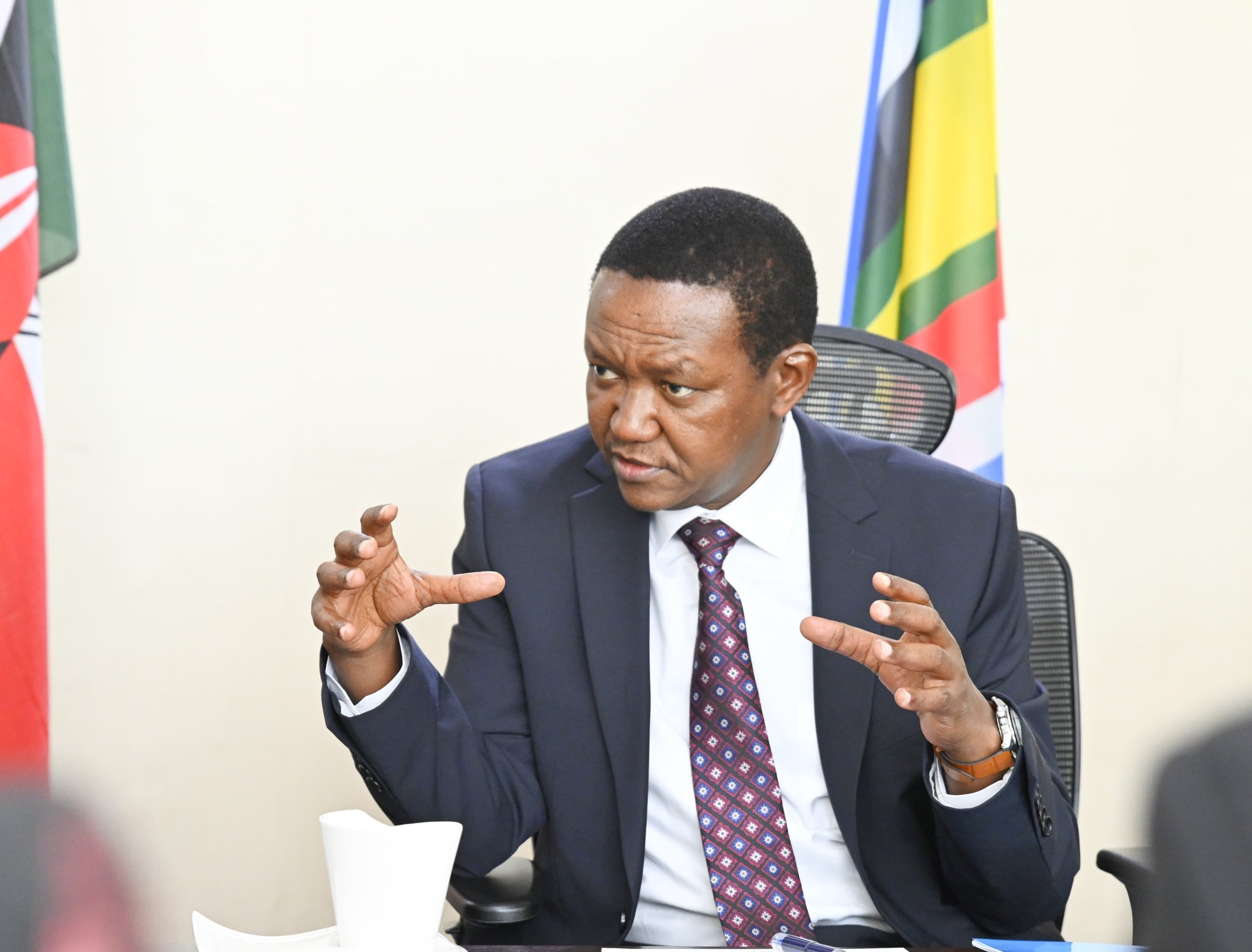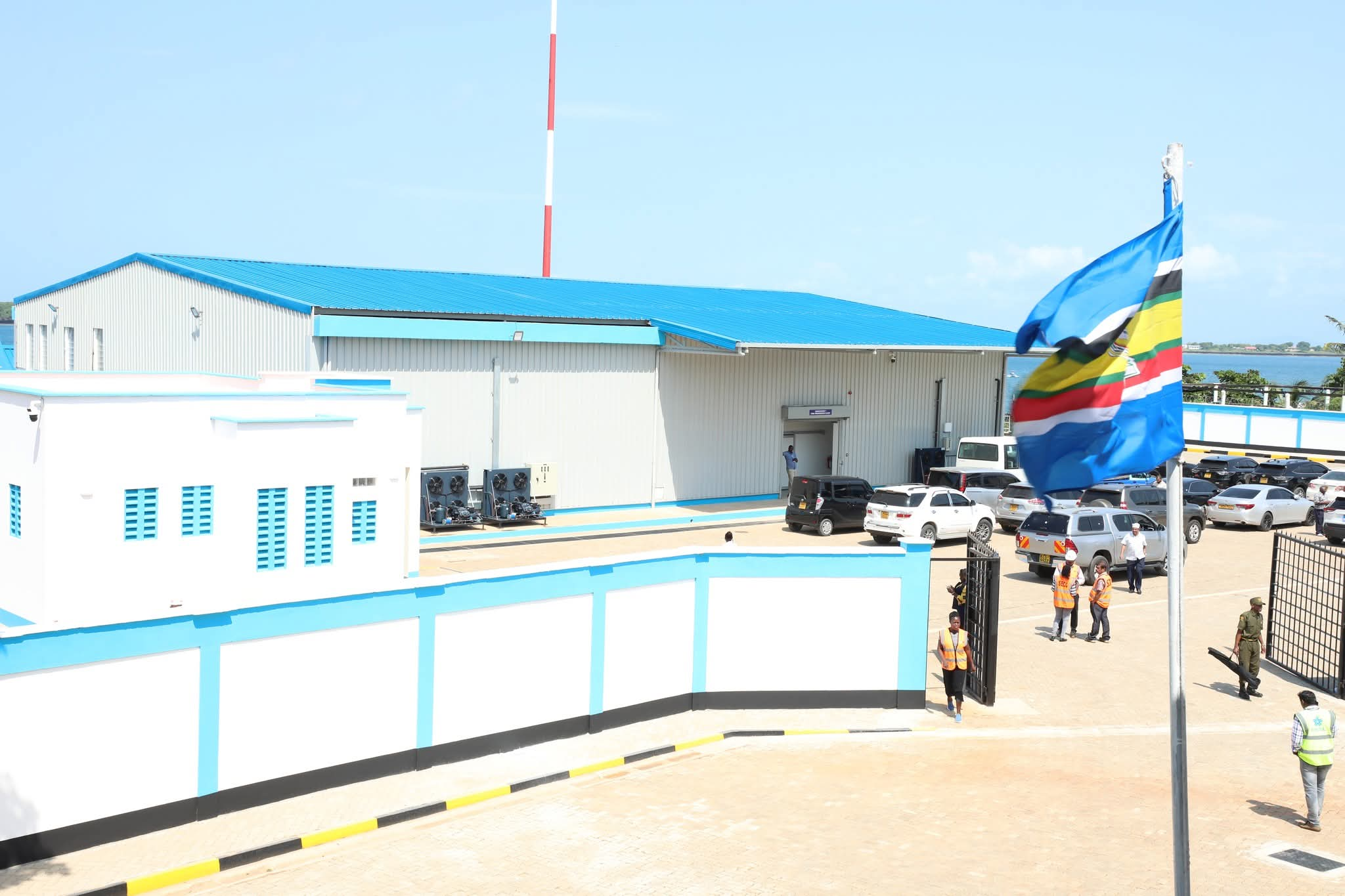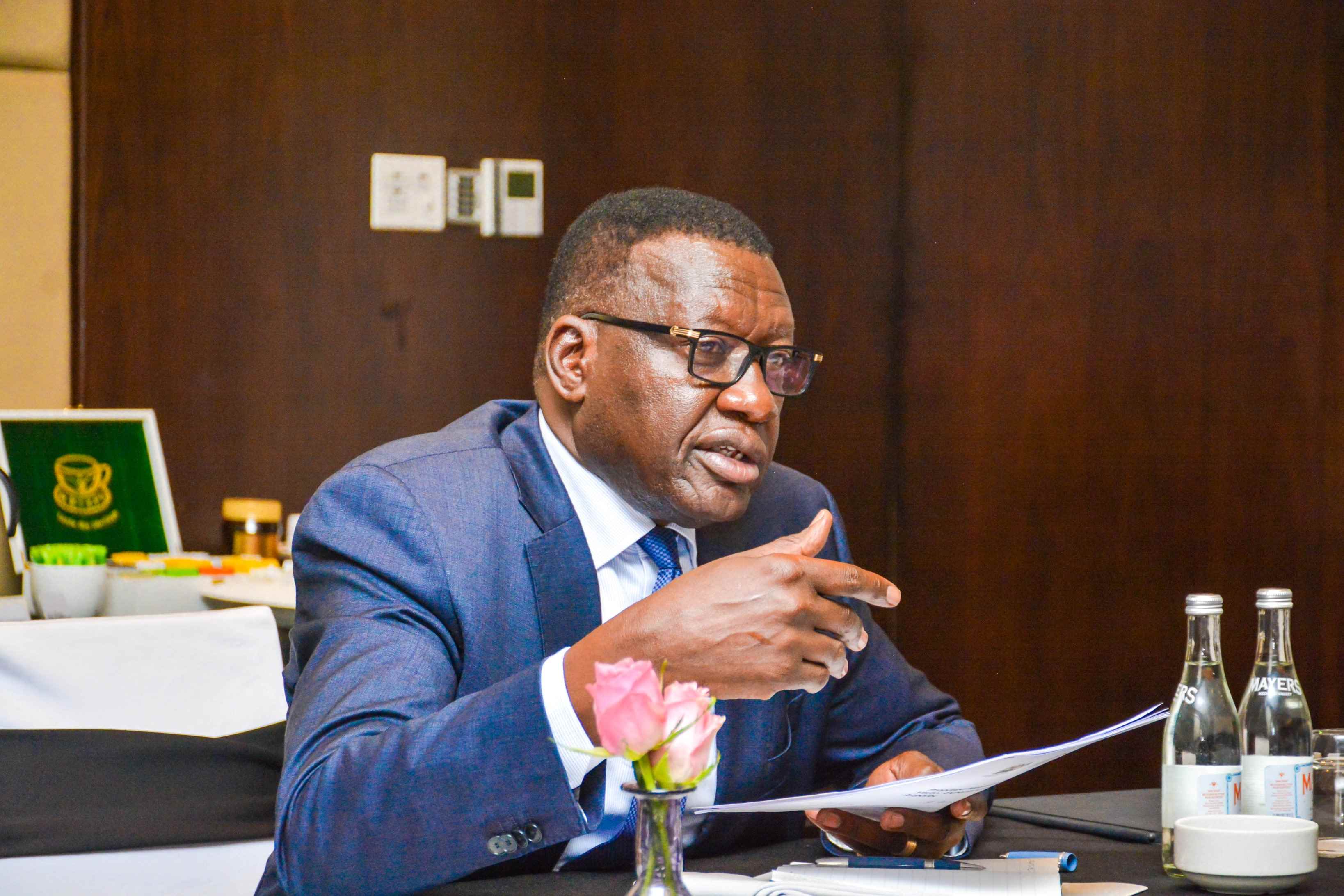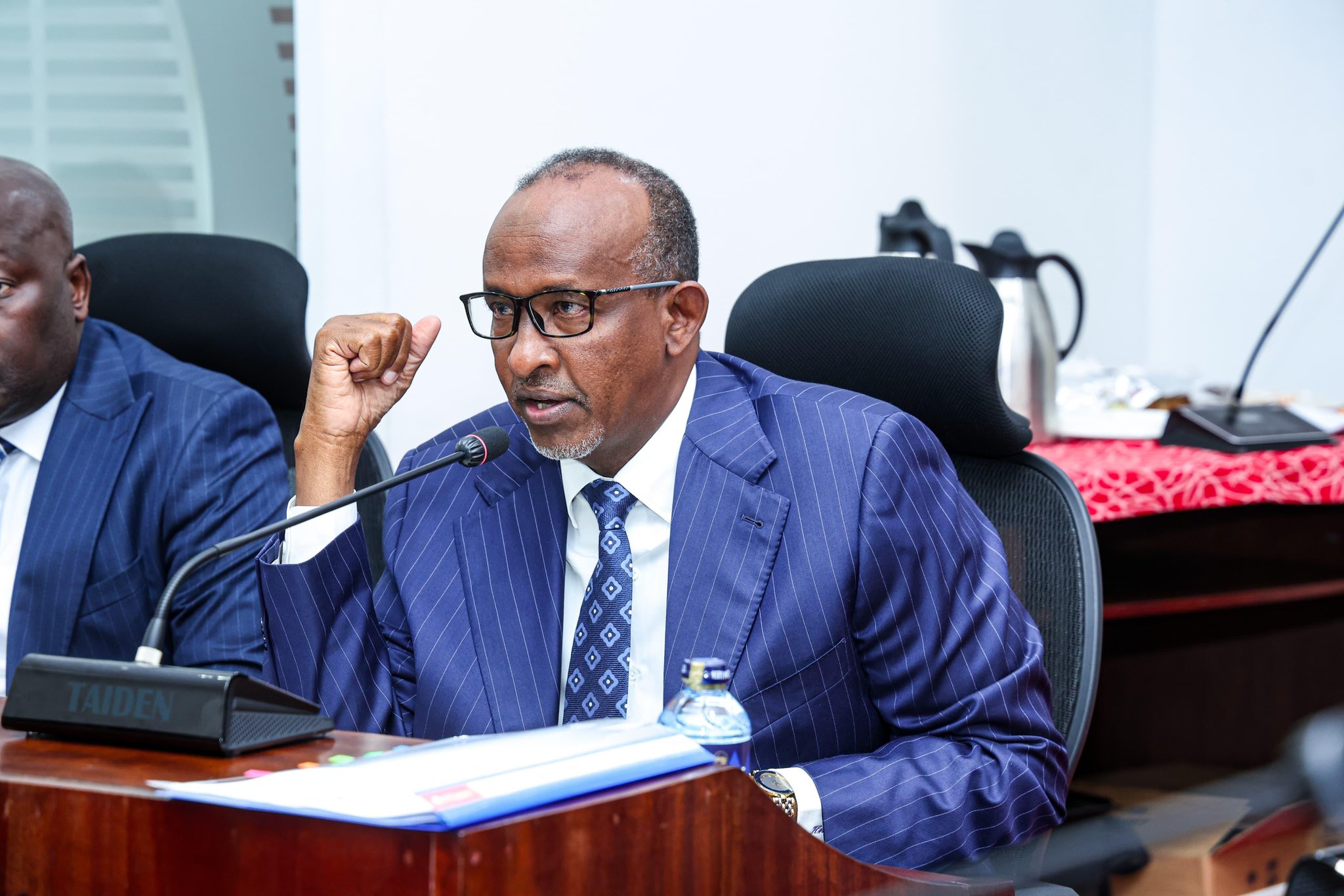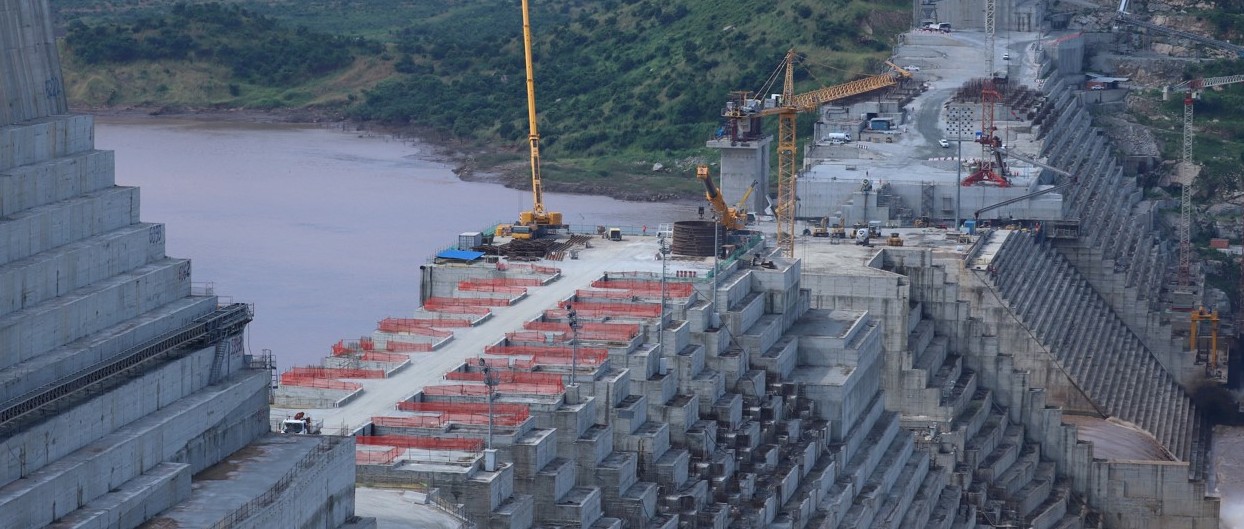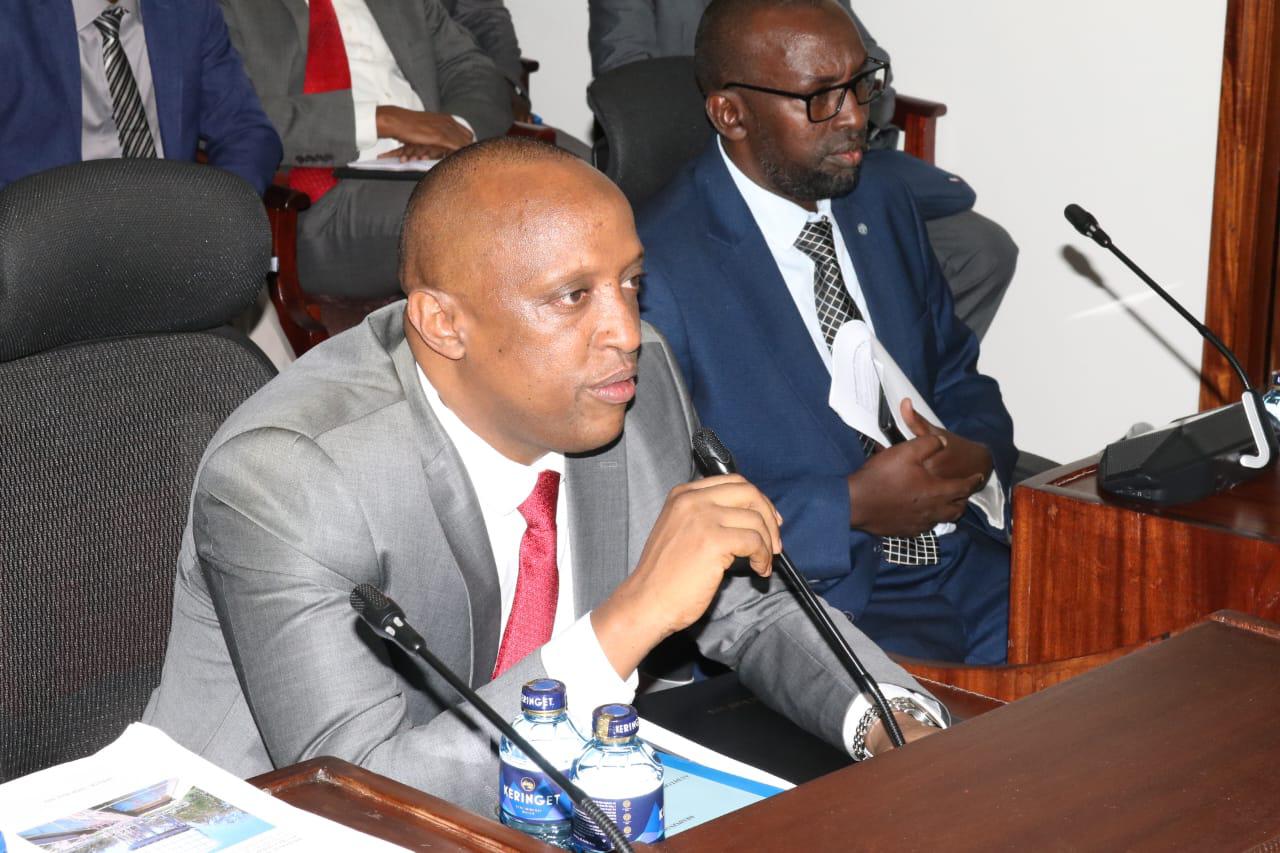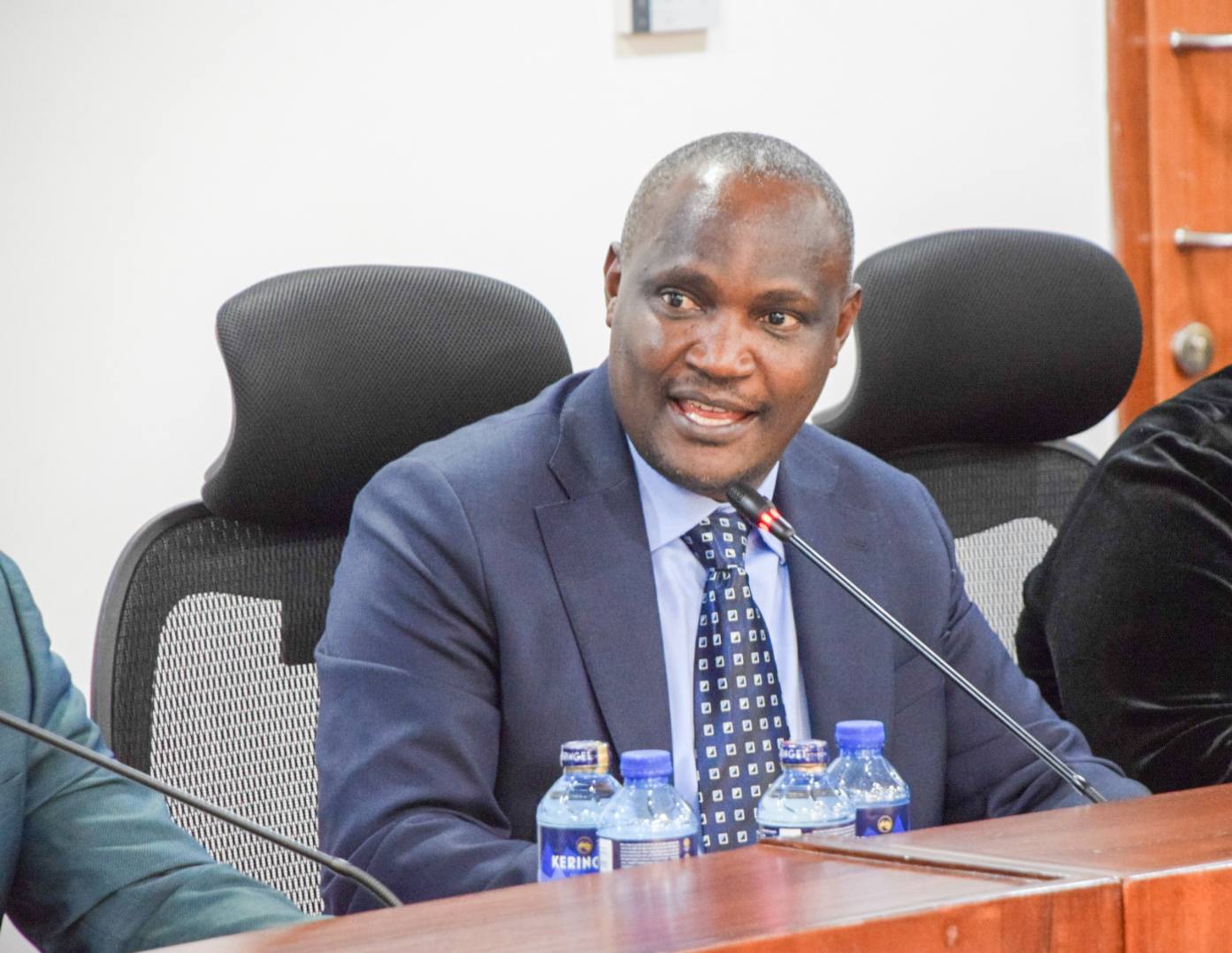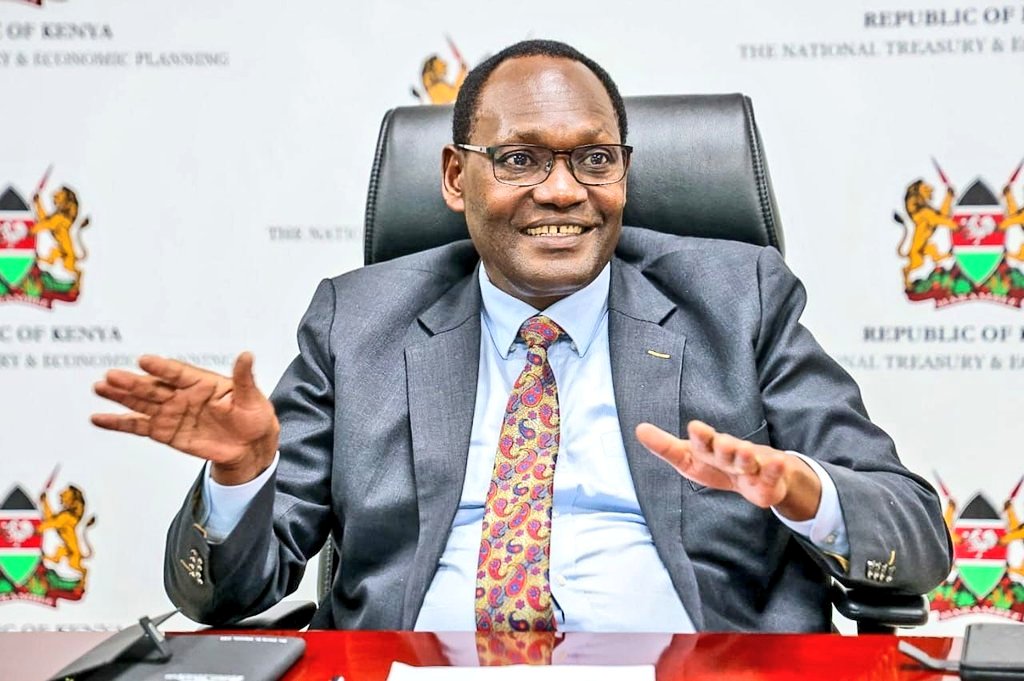The IMF ‘kiss of death’ Extended Credit Facility for Ethiopia
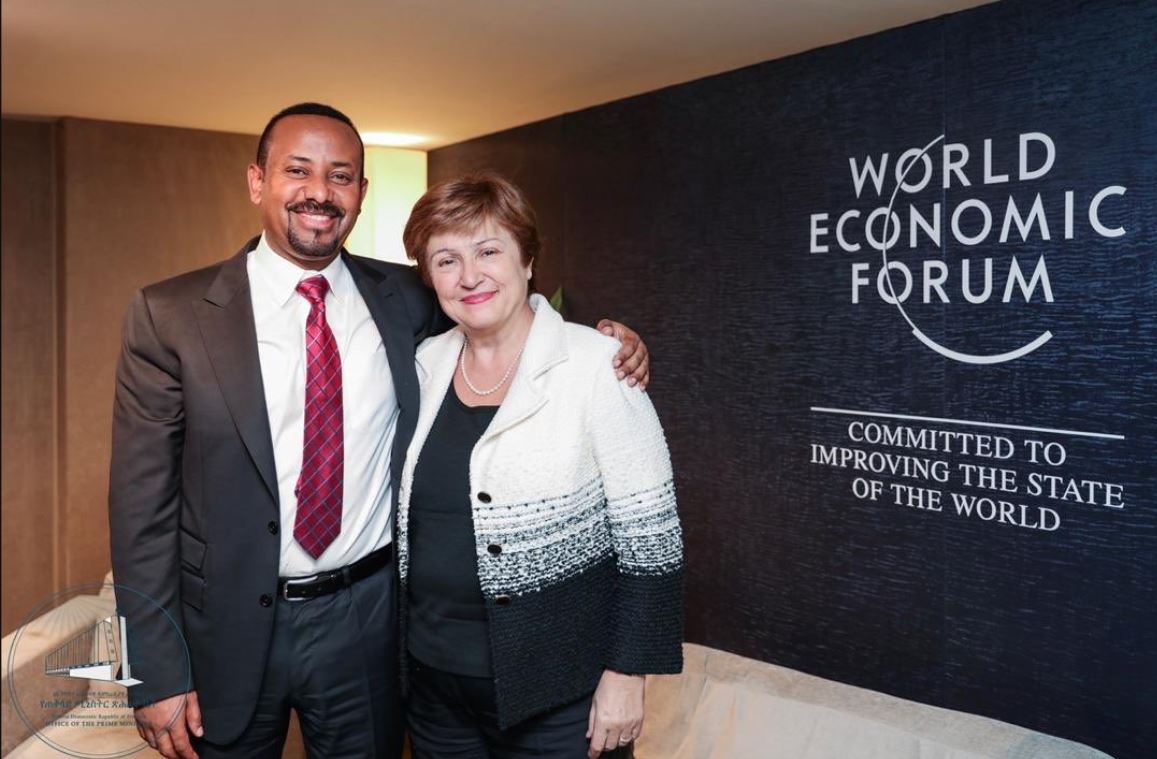
It remains to be seen how PM Abiy will navigate these reforms, especially in light of the developments in Kenya and Ghana where both countries are facing significant challenges in implementing IMF conditions.
The International Monetary Fund (IMF) has approved Ethiopia’s new four-year US$3.4 billion loan in an economic restructuring plan, days after the nation adopted a market-based foreign exchange system.
IMF’s new loan will aid Ethiopia in its implementation of the Homegrown Economic Reform (HGER) Agenda aimed at addressing macroeconomic imbalances and laying the foundations for private-sector-led growth.
More To Read
- Don’t bury before autopsies- rights groups say, as they demand speedy, transparent probe
- World Bank assures Kenya’s debt sustainable if properly managed
- Activists blast Ruto, Murkomen over use of live bullets in protests, call for police accountability
- Two Gachagua allies, 34 others charged over attacks on government offices in Kikuyu, Matuu
- IMF releases $10 million to support Somalia’s ongoing economic reforms
- Ruto clashes with courts over roadblocks ban, accuses Judiciary of undermining security
This is a key step that will enable Ethiopia to begin negotiations with creditors on restructuring the nation’s debt, especially after it defaulted payment on its only international government bond, last year.
IMF will immediately disburse about US$1 billion to help Ethiopia meet its balance of payments needs and provide support to the budget.
IMF stringent conditions for the loan
However, the loans are tied to controversial conditions which have already created a ripple effect in Ethiopia.
“The authorities’ economic program, supported by the four-year extended credit facility (ECF) arrangement, envisages a comprehensive policy package to stimulate private sector activity and increase economic openness to promote higher and more inclusive growth,” IMF said on its website on Monday.
“Strengthening social safety nets to mitigate the impact of reforms on vulnerable households is a critical component of the authorities’ reform program,” it added, highlighting key conditions for the loan.
One of the key conditions which IMF terms as policies is Ethiopia moving to a market-determined exchange rate to help address external imbalances and relieve foreign exchange shortages, which took effect today.
The birr's value against the U.S. dollar immediately slumped by 30 per cent to 74.73 per dollar, the country's biggest lender, Commercial Bank of Ethiopia said.
The currency had been trading at 57.48 birr to the dollar on Friday before the monetary policy shift ordered by PM Abiy.
Other conditions include combating inflation through modernising the monetary policy framework, eliminating monetary financing of the budget, and reducing financial repression.
Ethiopia will also create space for priority public spending by mobilising domestic revenues, restore debt sustainability, including through securing timely debt restructuring agreements with external creditors and strengthen the financial position of state-owned enterprises to tackle critical macro-financial vulnerabilities.
IMF loan conditions in Kenya, including restructuring state agencies listed in Ethiopia’s new extended credit facility, triggered nationwide anti-government protests, forcing President William Ruto to withdraw the Finance Bill 2024, which outlined new tax measures.
 An anti-government rolls a burning tyre along Tom Mboya Street in Nairobi on Tuesday, July 16, 2024. (Photo: Justine Ondieki/EV)
An anti-government rolls a burning tyre along Tom Mboya Street in Nairobi on Tuesday, July 16, 2024. (Photo: Justine Ondieki/EV)Anti-government protesters burn tires and block Tom Mboya Street in Nairobi on Tuesday, July 16, 2024. (Photo: Justine Ondieki/EV)
In Ethiopia, the IMF has steered away from predicting any negative outcomes of the facility and focused on celebrating what it describes as a monumental milestone.
"This is a landmark moment for Ethiopia," said IMF Managing Director Kristalina Georgieva. "The approval of the ECF is a testament to Ethiopia’s strong commitment to transformative reforms. The IMF looks forward to supporting these efforts to help make the economy more vibrant, stable, and inclusive for all Ethiopians."
The program, IMF added, is expected to help catalyse additional external financing from development partners and provide a framework for the successful completion of the ongoing debt restructuring.
Already, IMF has been in talks with the IMF to establish a new lending programme after the last programme, agreed upon in 2019, was abandoned due to conflict in the northern region of Tigray. Negotiations resumed after a November 2022 peace deal.
Antoinette Sayeh, IMF’s Deputy Managing Director, and Acting Chair, added that the policies are well calibrated to protect the vulnerable and mitigate the socio-economic impacts of the reforms.
She noted that the IMF allowed Ethiopia to include subsidies to cushion the vulnerable, but will remove them with time. In Kenya, the IMF pushed the government to remove subsidies as part of a 38-month IMF programme, which has seen the multilateral lender give the country Sh270.2 billion ($2.34 billion).
However, Kenya retained the fuel subsidy to cushion consumers from record-high fuel prices that breached the Ksh200 mark per litre for the first time in September 2023, forcing the IMF to cal out the government.
“They (Ethiopia) will significantly increase the budget allocation to the targeted cash transfer program (PSNP). Temporary subsidies on fuel and fertilizers are also part of the fiscal package and will need to be unwound gradually over time. Continuing to widen the reach and impact of the social safety-net programs will be important.
“The authorities are advancing reforms to ensure the sustainability of public finances. Raising fiscal revenues and reaching a comprehensive external debt treatment, including official debt under the G20 Common Framework, are crucial in this regard. The first use of the ‘credible official creditor process’ under the recent IMF policy reform has successfully allowed the Official Creditor Committee under the G20 Common Framework to provide financing assurances for this ECF-supported program in a short period.
Birr devalued hours before IMF loan approval
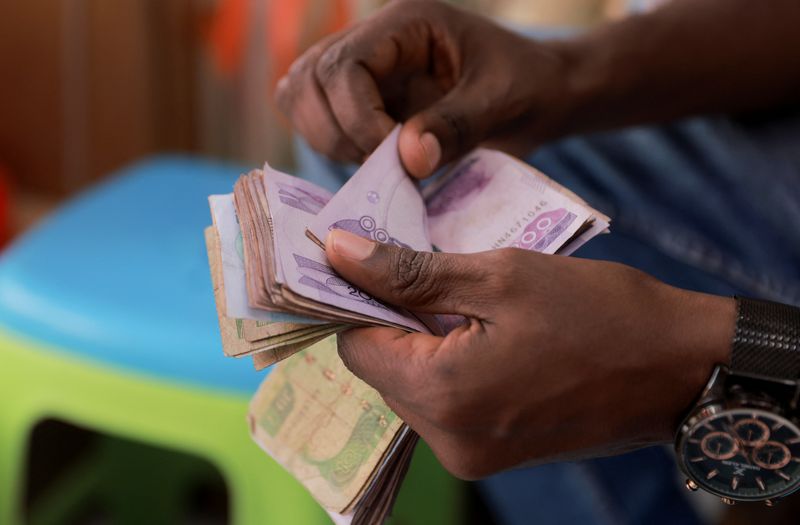 The Ethiopian Birr. (Photo: Courtesy)
The Ethiopian Birr. (Photo: Courtesy)The Ethiopian Birr. (Photo: Courtesy)
Central bank governor Mamo Mihretu addressed the devaluation of the Birr after Ethiopia adopted a market-based foreign exchange system.
He said that as part of the reforms, Ethiopia would get $10.7 billion in external financing from the IMF, the World Bank, and other creditors.
"The IMF and World Bank are both providing exceptional and front-loaded funding support that will be among their highest such allocations in the African continent," he said.
However, Abdulmenan Mohammed, an Ethiopian economic analyst based in Britain, told Reuters that the devaluation’s impact may be felt later on despite short and long-term measures to restore the economy.
"The consequences of exchange rate regime change will take some time to be reflected on the economy," Abdulmenan Mohammed said and added that it could result in an increased cost of living "which will mainly affect the urban poor, the jobless, the pensioners, the low-paid employees."
Ghana in a similar restructuring program to Ethiopia
Ghana is also restructuring its $30 billion debt under the G20's Common Framework mechanism after it defaulted on its sovereign debt.
In 2022, as its cedi currency plummeted and inflation surged due to escalating debt-service costs, the country sought financial assistance from the IMF.
IMF approved the second review of Ghana's $3 billion loan programme in June this year, allowing for the immediate disbursement of around $360 million.
This came after Ghana reached a preliminary agreement with two bondholder groups to restructure approximately $13 billion of its debt this month, moving it closer to completing the debt overhaul.
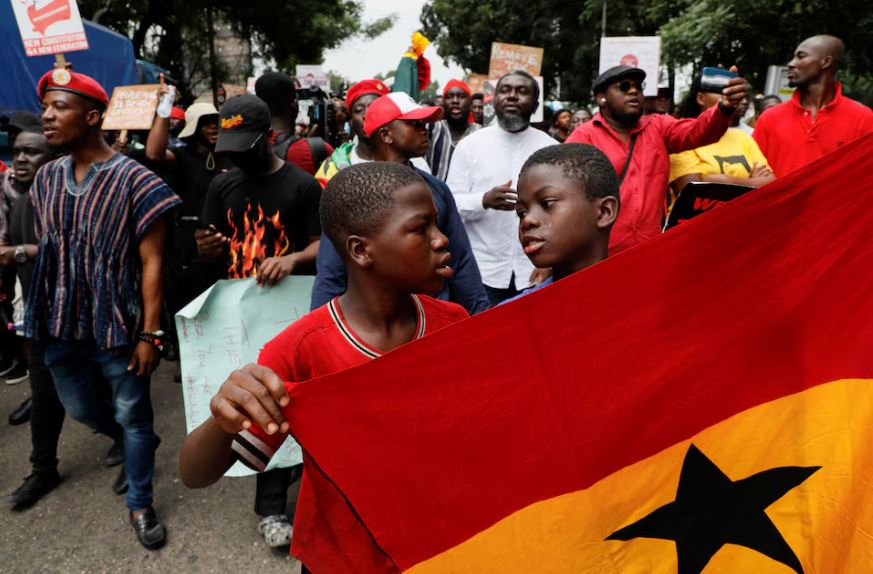 Ghanaians gather for the third day of anti-government protests amid police arrests and obstruction in Accra, Ghana, September 23, 2023. (Photo: REUTERS/Francis Kokoroko)
Ghanaians gather for the third day of anti-government protests amid police arrests and obstruction in Accra, Ghana, September 23, 2023. (Photo: REUTERS/Francis Kokoroko)Ghanaians gather for the third day of anti-government protests amid police arrests and obstruction in Accra, Ghana, September 23, 2023.
Under the agreement, bondholders will forgo about $4.7 billion of their loans, providing cash flow relief of around $4.4 billion until 2026, when the IMF-assisted program concludes.
However, like Kenya, last year, protesters carrying the Ghanaian flag and placards, decried the high cost of living and a lack of jobs. Experts have already warned that Ethiopian reforms may also lead to a high cost of living.
It remains to be seen how PM Abiy will navigate these reforms, especially in light of the developments in Kenya and Ghana where both countries are facing significant challenges in implementing IMF conditions.
Ethiopia's success will depend on balancing the stringent requirements with the socio-economic needs of its population, ensuring that the reforms lead to sustainable growth without exacerbating vulnerabilities.
Top Stories Today
